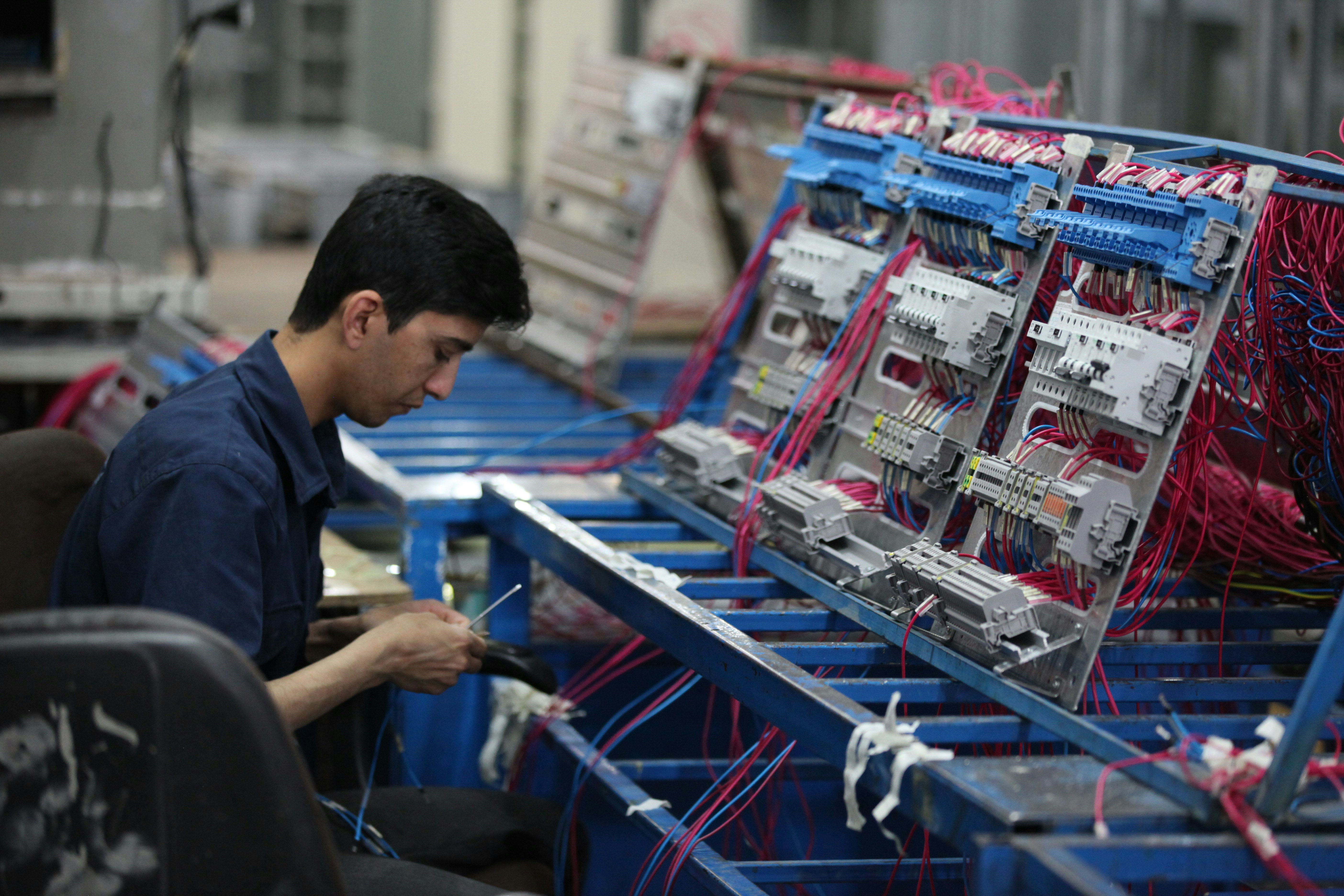
Foldable Smartphones: Competition Intensifies Between Chinese and Korean Manufacturers, with Chinese Companies Chasing Samsung
In the global foldable smartphone market, Korean and Chinese manufacturers have an overwhelming presence. To expand their market share, each company is launching new products one after another. Among Korean manufacturers, industry leader Samsung Electronics has released a new foldable smartphone model, the Galaxy Z Fold 7. Among Chinese manufacturers, HONOR announced the world's thinnest foldable smartphone, the Magic V5, and Huawei unveiled its new tri-fold smartphone, the Mate XTs.
The foldable smartphone market has long been dominated by Korean manufacturers (Samsung Electronics), but the balance of power is changing as Chinese manufacturers gain ground. According to data from a market research company, Samsung Electronics' global market share will plummet from 54% in 2023 to 45% in 2024. With companies like Huawei gaining ground, some even say that Chinese manufacturers have recently overtaken them.
Although foldable models are expected to account for only 1.2% of the global smartphone market as of 2023, this proportion is expected to rise to 3.5% by 2027, so competition in the foldable smartphone market between Chinese and Korean manufacturers is likely to intensify even further.
ASEAN Islamic Countries: Japanese Ramen Restaurants Accelerate Their Entry
Japanese ramen restaurants are expanding into Islamic countries within the Association of South-East Asian Nations (ASEAN). While pork and pork extracts are often used in ramen, the introduction of "halal-certified" ingredients in accordance with Islamic law, such as by substituting other ingredients, is progressing.
In recent news, Asset Frontier (headquarters: Minato-ku, Tokyo), which operates halal-compliant Japanese restaurants, announced in August that it had established a 50-50 joint venture to operate ramen restaurants with a local subsidiary of Food Innovators Holdings (headquarters: Singapore), which operates food and beverage businesses primarily in Asia. The joint venture announced the opening of its first halal-compliant ramen restaurant, "Honolu Ramen," in Kuala Lumpur.
In addition, Chikaranomoto Holdings, operator of the ramen restaurant "Ippudo," announced in June of this year that it would open a halal-compliant restaurant in Indonesia. The company has revealed plans to offer ramen that does not use pork bone broth but instead uses chicken and shrimp as ingredients and in the soup. The first store is scheduled to open as early as September near the capital, Jakarta. The company already has eight Ippudo stores in Indonesia, serving pork bone broth ramen to the local Chinese community, but this will be its first halal-compliant store.
With Japanese ramen becoming a popular food worldwide thanks to the booming inbound tourism, it seems likely that demand for halal ramen will continue to grow in Islamic countries.
Wind power generation is struggling in Japan, Mitsubishi Corporation sees business opportunities in ASEAN
On August 27, Mitsubishi Corporation announced its intention to withdraw from a project to build offshore wind farms in three sea areas off the coast of Chiba and Akita prefectures. However, on the following day, August 28, in a complete reversal of that plan, the company announced that the Monsoon Onshore Wind Farm in southern Laos, in which the company and others have invested, had begun commercial operation.
Regarding the reason for withdrawing from the project in Japan, Mitsubishi Corporation President and CEO Nakanishi Katsuya explained, "Since winning the bid in 2021, costs have ballooned significantly due to a combination of factors such as global inflation and price increases by wind turbine manufacturers. As construction costs have ballooned to more than double the amount initially estimated, expenses including maintenance and operation costs have become greater than the revenue from selling electricity over the entire project period, and we have come to the conclusion that it will be difficult to realize our business plan." The company's lowest bid, known as price destruction, also hindered the company's success, once again highlighting the difficulty of doing business in Japan.
However, the situation is different in Laos, where projects are being carried out at lower cost than in Japan and profitability is more readily apparent. The 600-megawatt (MW) Monsoon Wind Power Project is the largest onshore wind farm in the ASEAN. The electricity generated will also be exported to Vietnam, a major consumer market, so the business is expected to continue stably.
Other Japanese companies are also actively developing wind turbine power generation projects in ASEAN. In November last year, Penta-Ocean Construction announced that it had ordered the construction of a large self-propelled cable-laying vessel to be used to lay power cables for offshore wind power plants from PaxOcean Group, a Singaporean marine engineering company. The company has announced plans to expand its business from offshore wind turbine construction to power cable laying work.
General trading companies are also working on renewable energy projects, including wind power generation, within the ASEAN region. Last October, Sojitz Corporation signed a memorandum of understanding (MOU) with Vietnamese conglomerate Thanh Thanh Cong (TTC) Group regarding renewable energy and agriculture. In the renewable energy field, the two companies will consider cooperation in solar and wind power generation, as well as sustainable aviation fuel (SAF).
Wind power generation is difficult to commercialize in Japan, but efforts to make it a reality in ASEAN using technology and know-how are likely to emerge in the future.
